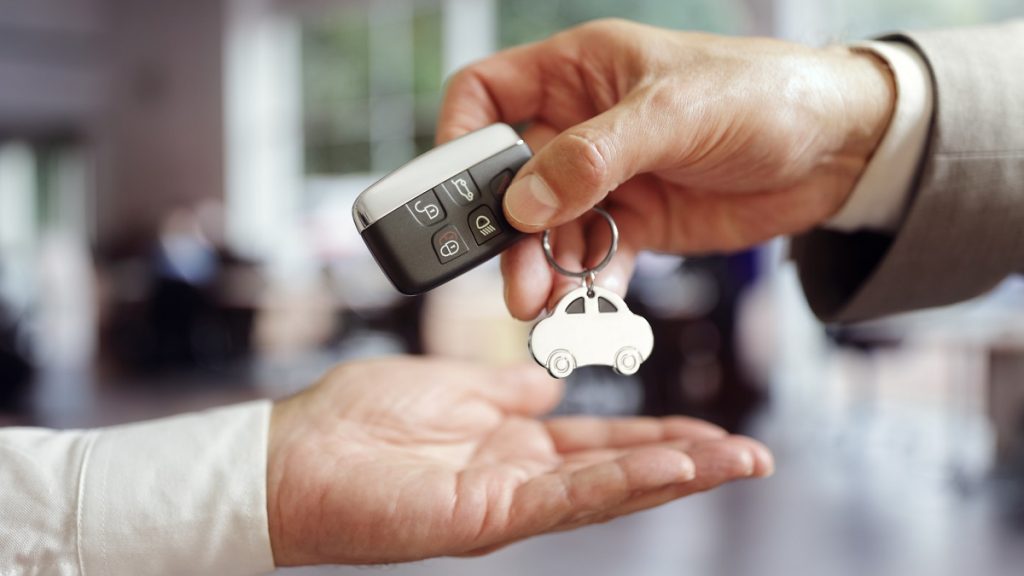Where does a society where people only buy things as a service leave insurers? In this podcast, Business Reporter investigates the implications for insurers.
Traditionally when someone buys an expensive item like a car or house, they also take out an insurance policy to cover the purchase if something goes wrong.
But as society moves towards a pay-as-you-go, service-based model, where owning things is less common, where does this leave insurers?
“The concept of ownership is now radically changing what might be insured and not insured,” said Stuart Woods, Vice President of Geospatial Content Solutions at Hexagon Geosystems. “We now have this fundamental shift in what defies ownership. Do we really need to own a car anymore? Do we really need to own a home?”
The insurance industry is evolving from this, explains Woods, and it is changing how products need to be insured. Instead of a person insuring an item they own in perpetuity, they might now only need to insure something they use for an hour or so (such as a car), as they are paying for its use as a service, not buying the actual item.
Data is being used, Woods points out, to insure services in this new model. Sensors can now connect companies with information about events or certain behaviours, and give companies the ability to capture data about their own on customers instantaneously.
Companies can now build a risk profile of their clients and forecast behaviours from it. Woods believes that the traditional idea of an insurance company could itself change, and that anyone who owns data has the potential to move into insurance.
“This radically changes what defines an insurance company but also the models in which they participate,” he said. “Is an insurance company going to stay an insurance company?”




